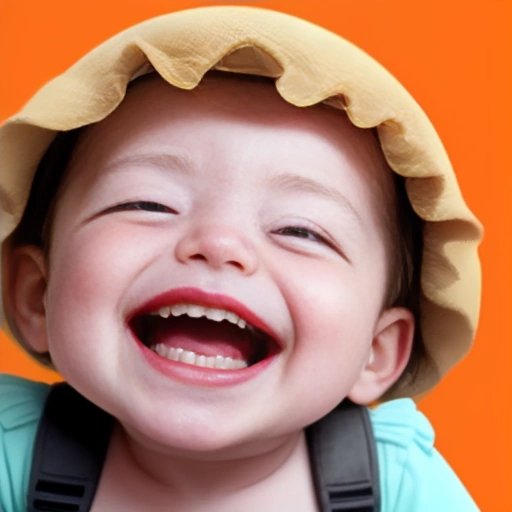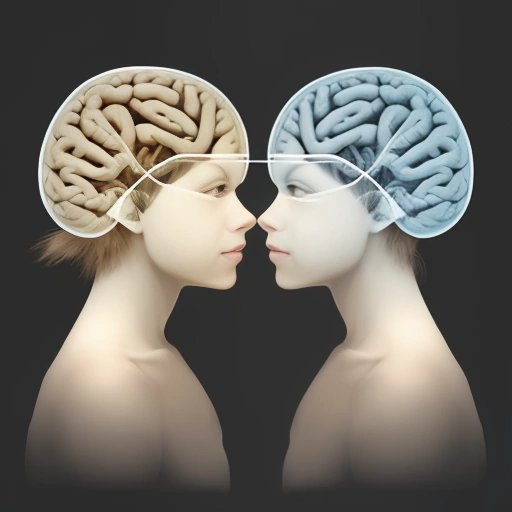In a surprising turn of events, a wave of contagious laughter has spread from one corner of the world to another, leaving epidemiologists astonished and in stitches. Find out how this unexpected outbreak of joy has brought people together in unexpected ways and left scientists wondering if laughter really is the best medicine.
It all started innocently enough, with a simple video clip of a baby's contagious laughter that went viral on social media. Little did anyone know that this innocent giggle would be the catalyst for a global epidemic of laughter. Within hours, the video had been shared thousands of times, and people from all walks of life couldn't help but chuckle along.
Soon, laughter began spreading like wildfire, infecting individuals in every country, from small towns to bustling cities. People couldn't resist the urge to laugh, as their colleagues, friends, and even strangers around them burst into fits of uncontrollable mirth. Laughter clubs formed spontaneously on street corners, parks, and even in the workplace, with individuals gathering to share moments of uproarious joy.
Epidemiologists were at a loss for words as they witnessed the unprecedented speed at which this contagious laughter was spreading. Typically, their work revolves around studying the transmission of diseases and finding ways to contain them. But this laughter epidemic challenged everything they knew about infectious diseases. It was a baffling and delightful conundrum.
Speculations arose as to why laughter could spread so rapidly and effortlessly. Some experts suggested it was due to mirror neurons in our brains, which cause us to imitate the actions and emotions of others. When we see someone laughing, our own brains instinctively respond, triggering a chain reaction of contagious laughter. Others theorized that laughter, being such a universal and innate human trait, had an inherent power to connect people on a deeper level.
But amidst the confusion and scientific debates, one thing was clear: laughter was bringing people together in profound ways. Traditionally divided societies found themselves united in joy, as people from different backgrounds, cultures, and ideologies laughed together, transcending their differences. Laughter became a universal language, capable of breaking down barriers and fostering a sense of unity.
The impact of this laughter epidemic extended far beyond individual experiences. Hospitals reported an increase in laughter-induced endorphin levels among patients, leading to improved healing rates and reduced levels of stress and anxiety. Schools incorporated laughter as a therapeutic tool, enhancing students' emotional well-being and creating a more positive learning environment. Workplaces encouraged laughter breaks, recognizing the numerous benefits it had on employee productivity and overall satisfaction.
As the laughter spread, so did its positive effects on mental and physical health. Studies began to emerge, confirming what people had intuitively known all along - laughter has the power to boost the immune system, reduce pain, improve cardiovascular health, and increase overall life satisfaction. It seemed that the old adage "laughter is the best medicine" had a solid scientific basis after all.
While epidemiologists marveled at the phenomenon, they also faced challenges in controlling the laughter epidemic. Conventional measures like quarantine and social distancing were ineffective, as laughter effortlessly jumped from person to person, defying all attempts at containment. Instead, researchers focused on finding ways to enhance the positive aspects of this contagious laughter, harnessing its potential to improve well-being on a global scale.
In the midst of a chaotic and often divided world, the laughter epidemic served as a beacon of hope. It reminded humanity of the power of joy and laughter to bring people together, inspiring compassion, empathy, and a renewed sense of humanity. It was a timely reminder that amidst the challenges we face, finding moments of joy and connection can be a powerful antidote to the struggles we all endure.
As the laughter continues to ripple across the globe, epidemiologists are left stunned and laughing along. They may not fully understand the mechanics of this laughter epidemic, but they are grateful for the unexpected chance to witness the transformative power of laughter in action. And as laughter unites people from all corners of the world, one thing is certain - this wave of contagious laughter will leave an indelible mark on our hearts and minds, reminding us that sometimes, the best medicine lies in the simplest and most joyous moments of life.




